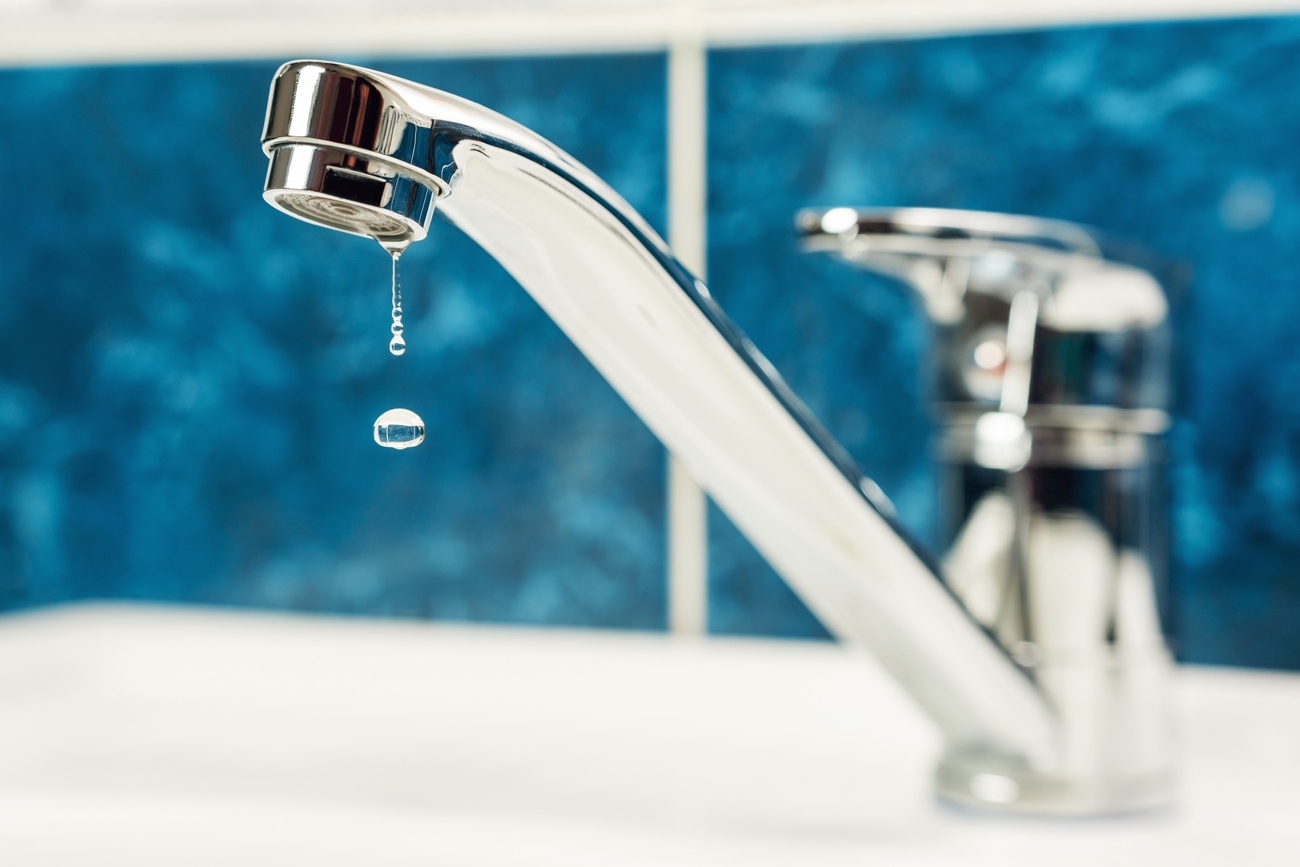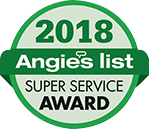Water leaks can be a homeowner’s worst nightmare, leading to significant damage, high repair costs, and endless frustration. Luckily, there are many simple yet effective ways to prevent water leaks in your home. As a professional plumber with years of experience, I’ve seen it all—from minor drips to major floods. Here are my top 10 preventative measures to keep water leaks at bay.
1. Regularly Inspect Plumbing Fixtures
Why Regular Inspections Matter
Regular inspections are the cornerstone of leak prevention. Over time, even the most durable plumbing fixtures can develop small leaks or drips. By catching these early, you can save yourself from bigger problems down the road.
How to Inspect
Check under sinks, around toilets, and near water heaters for any signs of moisture, discoloration, or pooling water. Use a flashlight to inspect hard-to-see areas and feel around pipes and fittings for dampness. Trust me, a few minutes spent inspecting can save you hours of cleanup later.
2. Monitor Your Water Bill
Spotting Unusual Increases
One of the easiest ways to detect a hidden leak is by keeping an eye on your water bill. If you notice a sudden spike in usage without a clear reason, it could indicate a leak somewhere in your home.
What to Do
Compare your current water bill to previous months. If there’s a significant increase, investigate further. Check for running toilets, dripping faucets, and listen for unusual sounds in your plumbing. I once helped a client who had an unusually high water bill for months. It turned out to be a slow leak from their outdoor spigot, which was easy to fix once identified.
3. Install Water Leak Detectors
Benefits of Water Leak Detection
Water leak detectors are small devices that can alert you to leaks before they become disasters. They’re especially useful for areas prone to leaks, like basements, under sinks, and near water heaters.
How They Work
These devices can detect moisture and send alerts to your phone or alarm system. Some advanced models can even shut off the water supply automatically. I recommend placing them in areas where water damage would be most detrimental.
4. Maintain Your Water Heater
Importance of Regular Maintenance
A poorly maintained water heater can be a significant source of leaks. Regular maintenance can extend its lifespan and prevent leaks from occurring.
How to Maintain Your Water Heater
Flush the tank annually to remove sediment buildup, which can cause corrosion and leaks. Check the pressure relief valve and inspect the tank for signs of rust or wear. During one maintenance call, I found a small rust spot on a client’s water heater. We replaced the water heater just in time to avoid a major leak.
5. Insulate Pipes
Preventing Freezing and Bursting
Insulating your pipes is crucial, especially if you live in an area with cold winters. Frozen pipes can burst, leading to significant water damage.
Best Materials and Installation
Use foam pipe insulation for easy application. Focus on pipes in unheated areas like basements, attics, and crawl spaces. Secure the insulation with tape and ensure there are no gaps.
6. Check and Maintain Your Roof and Gutters
Preventing Roof Leaks
Roof leaks can lead to water damage inside your home. Regularly checking and maintaining your roof and gutters is essential.
Tips for Maintenance
Clear gutters of leaves and debris to ensure proper drainage. Inspect your roof for missing or damaged shingles and repair any issues promptly. I once discovered that a client’s persistent ceiling leak was due to a clogged gutter causing water to back up under the roof shingles.
7. Replace Old or Damaged Caulking and Grout
Sealing Gaps to Prevent Leaks
Old or damaged caulking and grout can allow water to seep into walls and floors, causing mold and structural damage.
Steps to Replace Caulking and Grout
Remove old caulking with a putty knife and clean the area thoroughly. Apply a new bead of caulking and smooth it out for a watertight seal. For grout, use a grout saw to remove old grout, then apply new grout and seal it. This simple task can save you from more extensive repairs later.
8. Regularly Test Shut-Off Valves
Importance of Shut-Off Valves
Knowing how to use your shut-off valves can prevent extensive water damage in case of a leak. Regularly testing them ensures they function properly when needed.
How to Test
Locate your home’s main water shut-off valve and test it to ensure it turns off the water completely. Also, test individual shut-off valves under sinks and toilets. During an emergency call, I once had to replace a main shut-off valve that was stuck open, causing a delay in stopping the water flow.
9. Schedule Professional Plumbing Inspections
Benefits of Professional Inspections
A professional plumber can identify potential issues that might be missed during a casual inspection. Regular professional plumbing inspections can catch problems early and keep your plumbing system in top shape.
What to Expect
A comprehensive inspection includes checking for leaks, testing water pressure, and inspecting all visible plumbing components. I recommend scheduling an inspection annually or biannually. I’ve saved many clients from costly repairs by catching small issues during routine inspections.
10. Educate Household Members
Importance of Education
Everyone in your household should be aware of basic water leak prevention and emergency procedures. This collective effort can significantly reduce the risk of leaks and water damage.
Simple Habits to Instill
Teach family members to check for drips and leaks regularly, turn off taps properly, and avoid flushing inappropriate items down toilets. Show them where the shut-off valves are located and how to use them in an emergency. This can prevent many common plumbing issues from happening or becoming a major problem.
Conclusion: Preventing Plumbing Leaks
Preventing water leaks is all about being proactive. By regularly inspecting your plumbing, monitoring your water bill, and taking preventative measures, you can protect your home from costly water damage. Implement these tips and enjoy peace of mind knowing your home’s plumbing system is in good hands.
For a comprehensive plumbing leak detection or plumbing leak repair, contact Ford’s Plumbing and Heating today. Our expert plumbers are here to help you keep your home leak-free and secure.



















